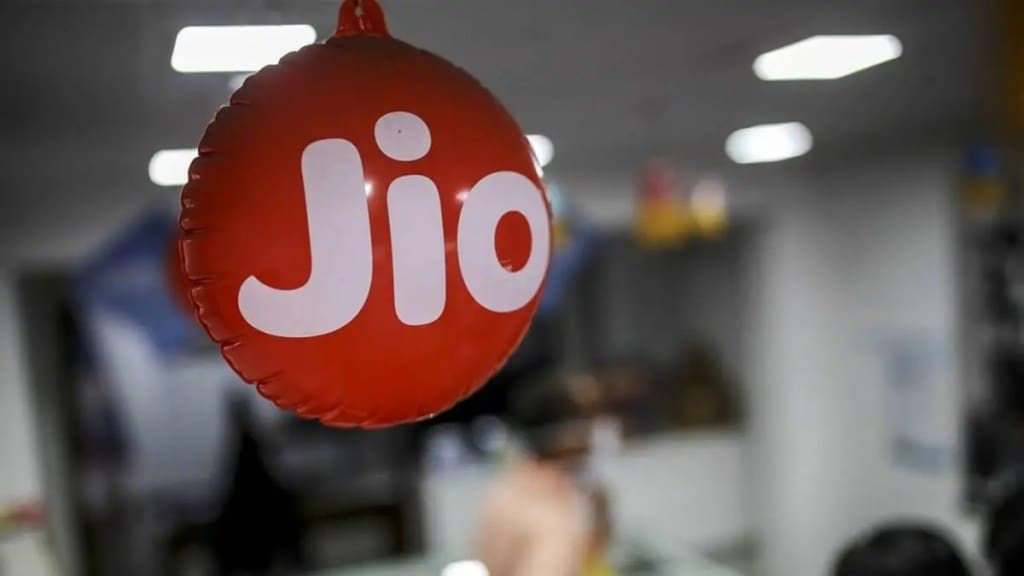Jio Satellite Communications, a unit of telecom operator Reliance Jio, has got a licence from the Department of Telecommunications (DoT) to offer satellite-based communication services in the country. The company received the Global Mobile Personal Communication by Satellite (GMPCS) licence on Tuesday, according to people aware of the matter.
With this, Jio Satellite has become the second company after Bharti Group-backed OneWeb to get a GMPCS licence from the government. A GMPCS licence is issued by the government for 20 years, which allows companies to offer satellite communication services in licensed service areas.
Jio Satellite was expected to comply with the licence requirements and sign the agreement within this week, basis which it was to be given the licence to operate satellite communications services in the country, FE reported on Tuesday.
In February, Reliance Jio’s parent Jio Platforms formed a joint venture with Luxembourg-based satellite communication services provider SES to offer high-speed satellite-based broadband services.
Also Read: Carbon Resources plans to make binding offer for Mcleod Russel
Apart from OneWeb and Jio Satellites, other players such as Elon Musk’s SpaceX-owned Starlink are also seeing a huge business opportunity to offer satellite-based internet services. One of the reasons for the growing interest in the satellite broadband segment is the opportunity to provide internet services to far-flung and hilly areas without the need for fibre-based connectivity. It is also the only medium through which communication can be established in disaster zones when normal communication gets affected.
“We are getting interested from other private players as well to get satcom licence and more clarity on that would come in going forward,” a senior DoT official said, adding that Amazon’s Project Kuiper has not shown any interest to offer services in the country as of now.
The satellite communication sector is currently at a nascent stage in India, and with requirements of higher bandwidth, lower latency requirement of data and demand for such services in defence and military sectors, the segment is expected to see strong growth.
According to a report by the Indian Space Association (ISpA) and EY, the Indian space sector is expected to grow to $13 billion by 2025, and of that satellite services and applications segment is likely to contribute the largest 36% share.
The satellite internet service providers are expected to start the services from next year as currently, the government is yet to allocate spectrum in the 27.5-28.5 MHz band for satellite services. The allocation of spectrum is likely to be done only once the Telecom Regulatory Authority of India (Trai) and the government decide whether the airwaves need to be auctioned or allocated administratively.

